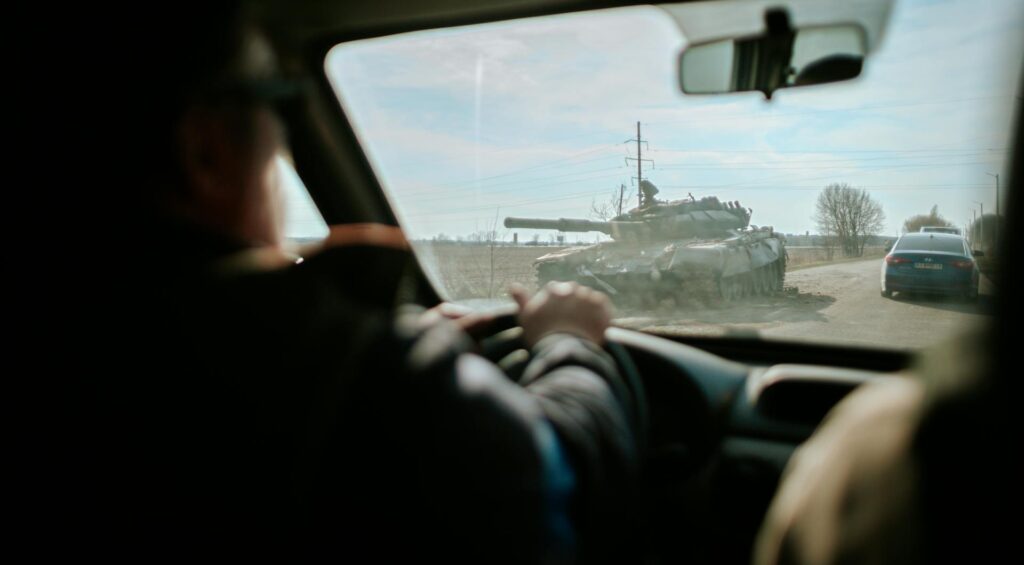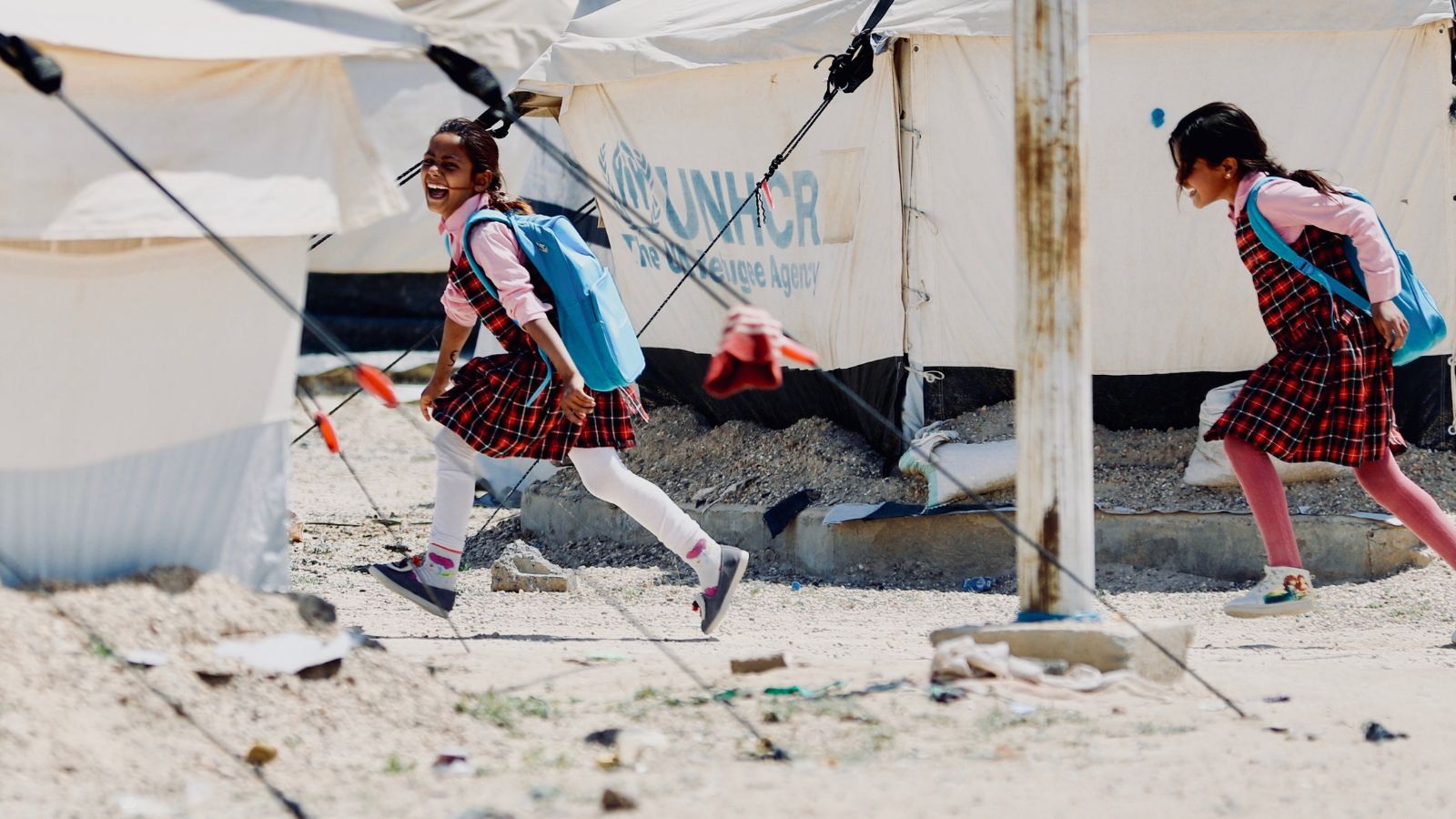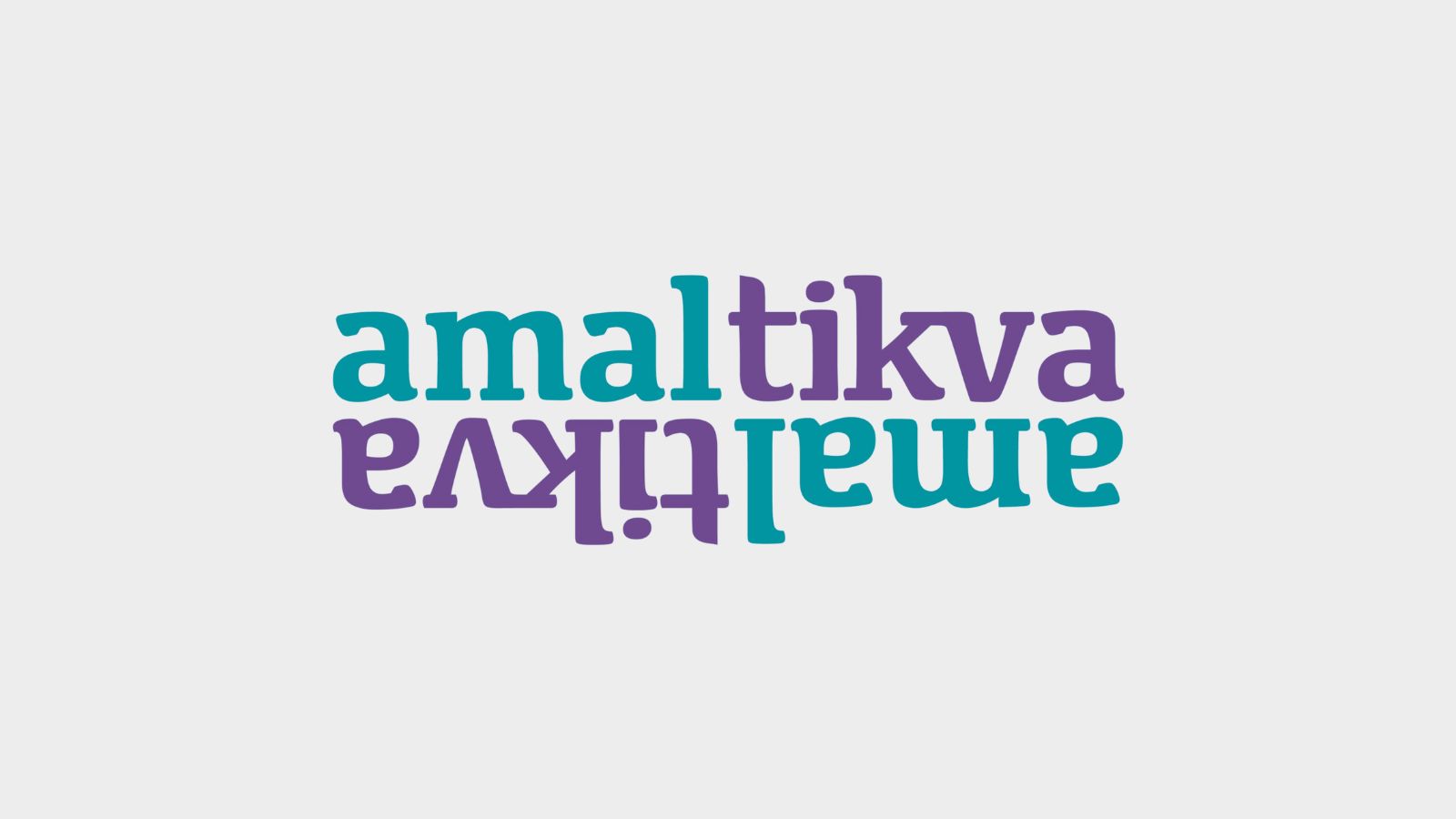KYIV, Ukraine – When Ahmed packed his small holdall bag for a one-year humanitarian mission to Ukraine, he prepared for the cold, the unfamiliar food, and the solitude of being far from home. What he couldn’t prepare for was the quiet unravelling of his mental health.
“It’s not the explosions that get to you,” Ahmed said. “It’s what comes after.”
The year 2024 will be remembered for many things, but for aid workers like Ahmed, it will remain etched as one of the darkest periods in modern humanitarian history. This year, according to the United Nations, more than 281 humanitarian workers were killed – the highest number on record.
But the dangers extend far beyond the physical. For many aid workers, the weight of moral dilemmas, the relentless blare of air raid sirens, and the exhaustion of long hours quietly exact a significant toll.
_ _ _
Ahmed doesn’t think of himself as brave. His work, he says, is a matter of logistics: moving trucks, organising shipments, and making sure the right supplies reach the right people. But this year, logistics has meant navigating the chaos of war.
Originally from Lebanon, 34-year-old Ahmed works for an international humanitarian organisation and has done so for over a decade. He arrived in Ukraine in early 2024, tasked with coordinating deliveries of food and medical supplies to displacement-affected populations across the country. For months, his job has been a balancing act between safety and urgency – a calculation that never feels like it gets easier.
“You’re always working against time,” Ahmed said. “And the stakes are always higher than you can imagine.”
Ahmed’s days start early, usually before dawn, in a cold office filled with maps and spreadsheets. The work is meticulous: plotting routes, liaising with drivers, and checking for last-minute changes in the security situation. Convoys must be carefully planned, with routes constantly changing as active conflict alters the landscape of eastern Ukraine.
The challenges are endless. Fuel shortages can delay shipments for days. Roads are often destroyed or littered with unexploded ordnance. Ahmed spends hours on the phone, negotiating access and approvals.
“It’s not glamorous,” he said with a small smile. “Most of the time, it feels like fighting a system that doesn’t want to work.”
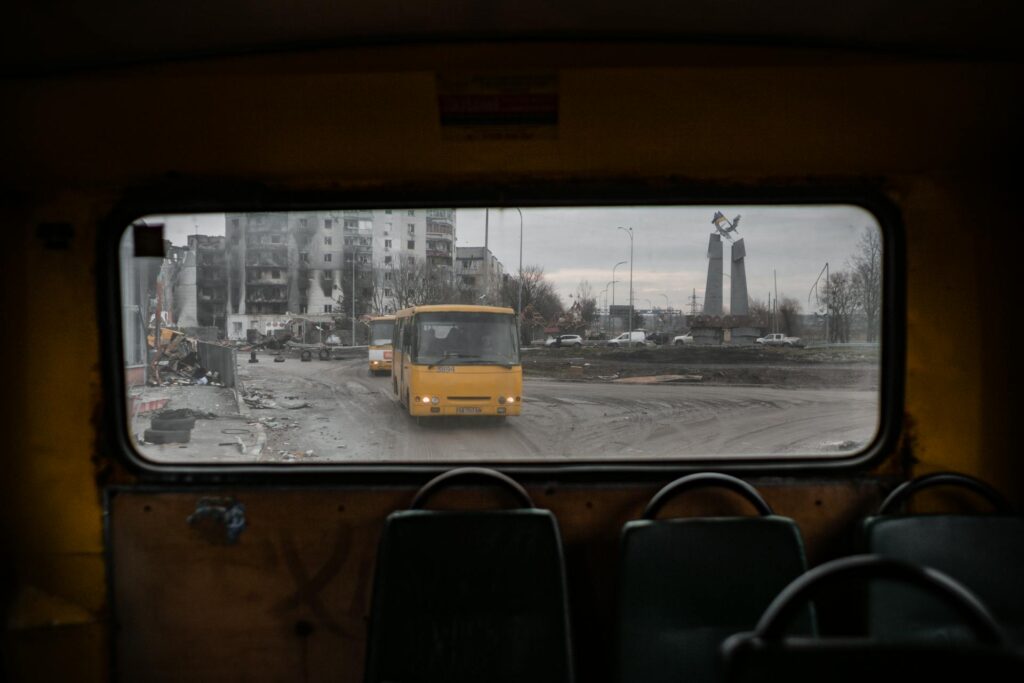
In April, Ahmed coordinated a supply delivery to a small town in eastern Ukraine devastated by months of fighting. The convoy, carrying food, hygiene kits, and blankets, was delayed when an artillery strike near the town raised safety concerns.
“We don’t move without clearance,” Ahmed said. “Every delivery is a balance between urgency and safety.”
After hours of waiting, the convoy was approved to proceed. As they entered the town, Ahmed saw the devastation. Ruined buildings, empty streets, and lines of families waiting patiently at the distribution point. Local volunteers help organise the handout, ensuring the supplies were distributed fairly.
“They didn’t say much,” Ahmed recalled. “But you could see it in their eyes. They were exhausted.”
_ _ _
Ahmed’s role keeps him behind the scenes most of the time, but the weight of the work is no less acute. Logistics in a conflict zone is about triage – deciding who gets help and who has to wait. Every decision carries consequences, and every mistake feels personal.
“You’re always asking yourself, ‘Did I do enough? Could I have done this better?’” he said. “And the truth is, there’s never enough to go around.”
The pressure doesn’t stop when the workday ends. Nights are often sleepless, punctuated by the blaring of air raid sirens that jolt Ahmed awake, forcing him to scramble for safety in the nearest shelter. Even in the quiet moments, his mind is haunted by what-ifs and the knowledge that tomorrow will bring more of the same.
“You think about whether you are doing a good enough job,” Ahmed said. “And when the sirens come, you’re reminded how close danger always is. It doesn’t leave you.”
_ _ _
Despite the challenges, Ahmed rarely talks about the emotional toll of his work. In the world of humanitarian aid, resilience is often seen as a requirement, and admitting to struggles can feel like a weakness. But after months in Ukraine, he admits that the weight of the job is starting to show.
“There’s this unspoken rule that you just keep going,” he said. “But you’re human. You feel it – every failure, every loss.”
Ahmed has started to notice small signs of burnout: trouble concentrating, a constant sense of exhaustion, and a growing distance from the things that once brought him joy.
One afternoon, while making tea in the office kitchen, Ahmed felt his chest tighten and his breathing quicken.
“I thought I was having a heart attack,” he said. “But somewhere in my mind, I knew what it was.”
Ahmed realised he was having a panic attack, something he’d heard colleagues talk about but never imagined experiencing himself. He sat on the floor, hidden behind the counter, gripping his knees and trying to slow his breathing.
“You don’t want people to see you like that,” Ahmed said. “Everyone is dealing with so much already. You don’t want to add to it.”
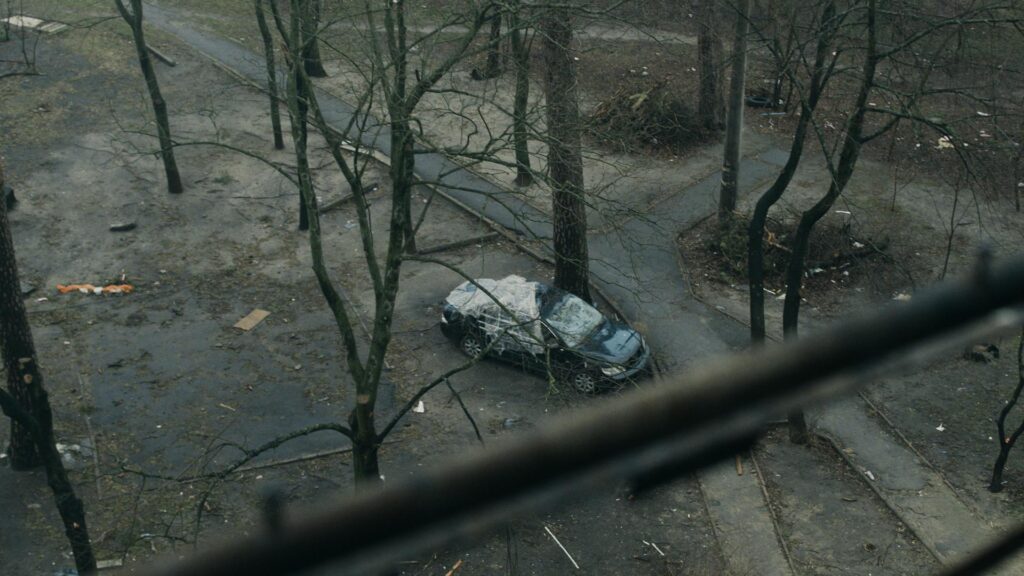
Back home in Lebanon, Ahmed’s family is never far from his thoughts, even as a fragile ceasefire brings a tentative pause to the fighting between Israel and Hezbollah. While Ahmed’s family has been spared the worst, uncertainty lingers.
“They say things are calm now, but it doesn’t feel like peace,” Ahmed said. “A ceasefire can end as quickly as it begins, and everyone knows that.”
For Ahmed, the lull in violence is a small relief, but it hasn’t eased his worry. As he works in Ukraine, navigating another war zone, his thoughts often drift to his family’s safety back home. “You can’t help but think – what if things spiral again? What if they need help, and I’m not there?” he said. “It’s like trying to hold your breath and keep going at the same time.”
As the year draws to a close, Ahmed reflects on the months behind him – a relentless cycle of coordinating aid deliveries, navigating the uncertainties of war, and confronting the silent erosion of his own well-being. The cumulative strain has made him acutely aware of the psychological toll that comes with being an aid worker in today’s conflict zones.
“It’s not something we talk about openly,” he said. “But maybe we should.”
“I think it’s time we start taking care of ourselves, too,” he admitted. “We can’t keep pouring from an empty cup.”
_ _ _
His words echo a growing recognition within the humanitarian community of the need for mental health resources and open conversations about stress and burnout. As aid workers continue to operate in some of the most challenging environments, their resilience is being tested like never before.
For Ahmed, the path forward is uncertain, but he remains committed to his role. “Despite everything, I believe in what we do,” he said. “But we have to find a way to do it without losing ourselves in the process.”
In a year marked by unprecedented dangers and demands, Ahmed’s story underscores a critical truth: the humanitarian workforce is composed of ordinary individuals facing extraordinary pressures. Their mental health is not a peripheral concern but central to the effectiveness and humanity of their mission.
As winter sets in and the needs in Ukraine grow more acute, Ahmed prepares to continue his work, carrying both the weight of his responsibilities and a newfound determination to address the silent struggles that come with them.
“It’s not about being a hero,” he said. “It’s about being human and that means recognising when you need help, too.”
_ _ _
Help us support the mental health of those on the frontlines
Ahmed’s story sheds light on the often overlooked challenges faced by aid workers. At Headington Institute, we provide critical support and training to ensure frontline workers can continue their essential work without losing themselves in the process.
This Giving Tuesday, your support can make a real difference. Together, we can help aid workers like Ahmed face the challenges ahead.
